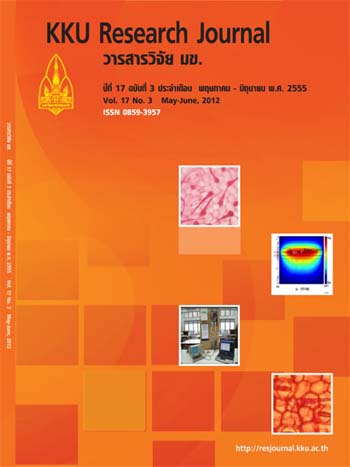Multi objective evolutionary algorithms for pipe network design and rehabilitation: comparative study on large and small scale problems
Main Article Content
Abstract
This paper deals with comparative search performance of a number of well-established multiobjective
evolutionary algorithms on water distribution network design. Evolutionary methods include strength Pareto
evolutionary algorithm (SPEA), non-dominated sorting genetic algorithm (NSGA), Pareto archived evolution
strategy (PAES), population-based incremental learning (PBIL) and particle swarm optimisation (PSO). The
optimisation methods, with the use of binary and real codes resulting in eight optimisation strategies, are implemented
on two problems of pipe network design and rehabilitation. The multiobjective optimisation problems are classifi ed
as being large- or small-scale based on number of design variables. Design objectives are minimising cost and
increasing network resilience of the network whereas discrete design variables are pipe diameters. The obtained
numerical results using various optimisation strategies are compared and discussed. By utilising pareto frontier
and hypervolume values in performance test, for the large-scale problem RNSGA and RSPEA are the fi rst and the
second best respectively. However, in the small-scale problem, RMPSO is the best while RNSGA is the second.
Hence, the evolutionary algorithm that gives the best overall results for both large- and small- scale problems is
RNSGA while the second best methods are RMPSO and RSPEA. The BPBIL method is suitable for small-scale
problems. The binary-code versions of NSGA, SPEA and PAES are totally outperformed by their real-code
counterparts.


